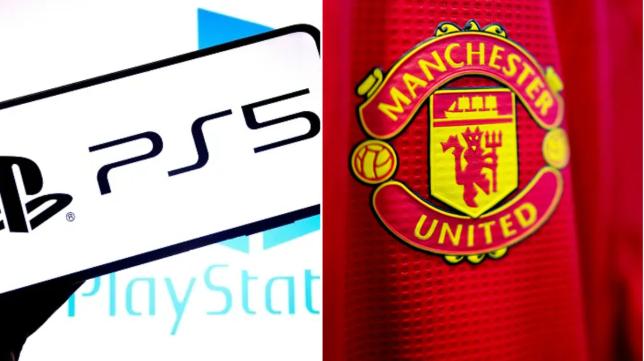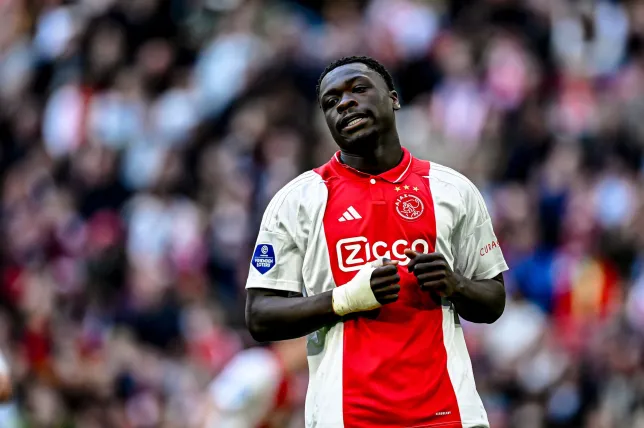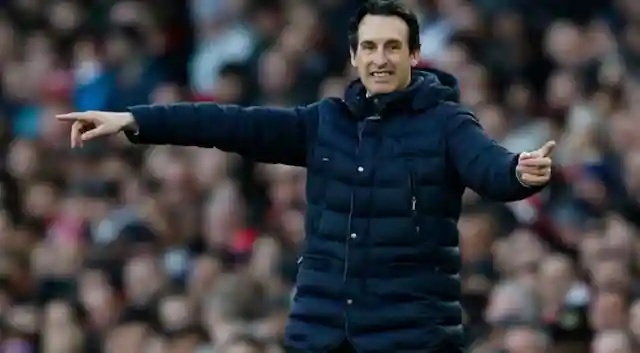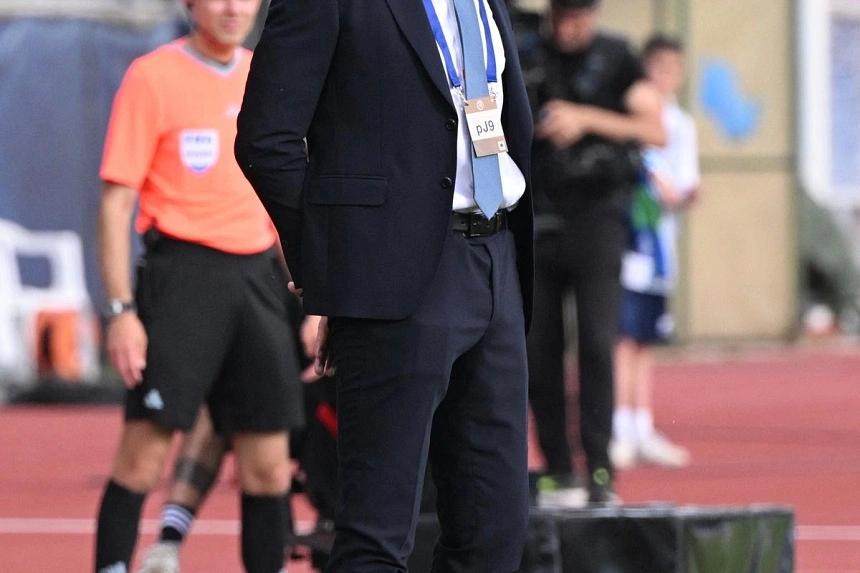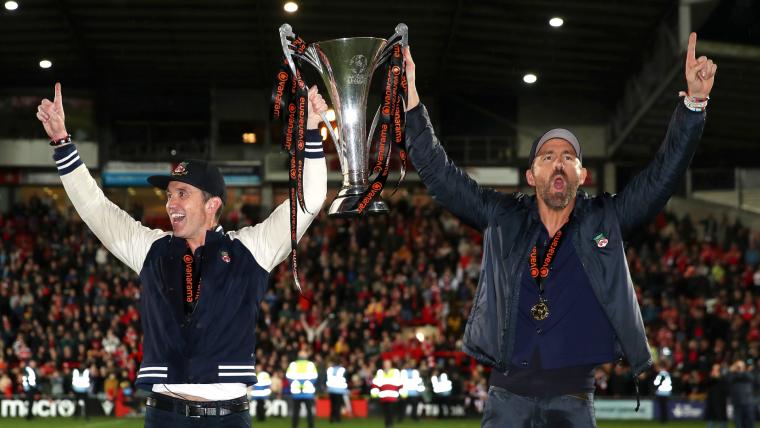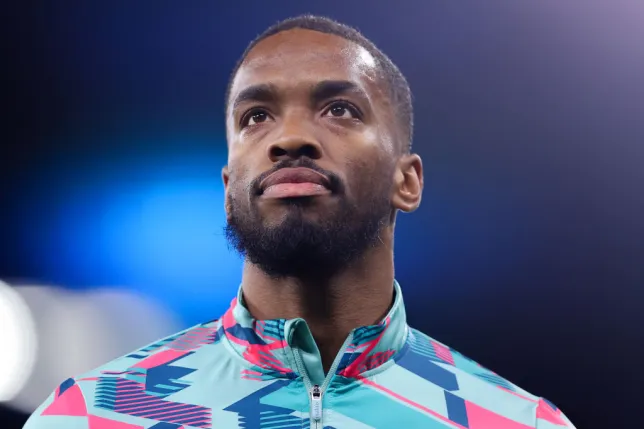Andres Iniesta: A Genius Whose Legacy Transcends Trophies and Stats

Andres Iniesta's announcement of his retirement has sparked an overwhelming display of love for a player who brought immense joy to fans around the world. While his iconic status in Spain is undeniable, his ability to mesmerize and enchant with the ball has garnered admiration from fans worldwide.
As a journalist, the job often involves asking players and coaches about those more famous than themselves. It occasionally evokes a grimace. Others will have asked about Lionel Messi before. The guard can go up. With Iniesta, it was never like that.
Mention of his name, whether beside pitches or at press conferences, usually prompted a smile. People could not resist talking about him warmly. That the question had even been asked was almost like being welcomed into a fan club. So, you get it too.
Albert Capellas coached Iniesta as a young player, although he would use the word coached loosely. Even then, he understood the dynamic. "I trained Iniesta for several years and I always say that Iniesta came into this world to show us how to play football."
Capellas' view of the true greats was simple. "You do not correct them. They show you the way." Pep Guardiola is rightly credited with transforming Barcelona, fashioning arguably the greatest side of them all, but it was possible, in part, because of Iniesta.
TrendingTogether with Xavi Hernandez, they reshaped the game, putting opponents on what Sir Alex Ferguson would call the carousel. Twenty years ago, midfields were for the muscular. Iniesta and Xavi changed that. Possession became king. Mind over muscle.
Since then, he has won every trophy there is to be won, a champion of Europe and the world with Spain, as well as those four Champions League wins with Barcelona. Conqueror of La Liga on nine occasions, there were even a few more gongs in Japan.
Not bad for the boy from Albacete who has cried as a 12-year-old boy as he struggled to adjust to life at La Masia, Barcelona's academy. He was a reluctant hero, but a hero nonetheless - scorer of that goal in extra-time that clinched the World Cup for Spain.
He was a fitting scorer. His old Barcelona colleague Juan Roman Riquelme, a maestro himself, rated Iniesta as the player who understood football like no other, always choosing the right moment to move forward or back, speed it up or slow it down.
Shooting, as he did that day in South Africa, is a skill that can be learned, argued Riquelme. The awareness that Iniesta possessed was something else. "The only thing that cannot be taught or bought. That is something that you are born with."
A conversation with Robert Moreno comes to mind. He was Luis Enrique's assistant for three years at Barcelona, during which time Iniesta won his final Champions League. As with Capellas, he saw himself as guided by the great man rather than there to instruct.
"Sometimes your job is to give lots of information. But at the top level, you are not there to teach them everything. You are there to put them together to make the most of the team that you have. Sometimes that means you need to shut up and let them play."
"This is the big difference with these players. Lesser players need your help. These players let you know that you are there because they need someone to sit on the bench and pick the team." Even comprehending their decision-making process is difficult.
"What the best players in the world do is impossible to explain. Ask Xavi or Andres Iniesta why they have done something and they do not know. But you did it? 'Yes,' they say, 'but I do not know why. I was on the pitch, this felt like the best solution so I did it.'"
All that can be said is that it worked. He was integral to perhaps the best club side and best national side that there has ever been. It is the riposte to those who would look at the bald numbers in this age of statistics and wonder what all the fuss was about.
It is true that Iniesta did not score a goal himself in a couple of Barcelona's league title wins. In 2009/10, as they won four trophies, he scored just once in 49 appearances. In the 2015/16 league campaign, he registered only two assists. It seems barely possible.
But watch those games and Iniesta draws the eye. From the playground to the pub, he was a favourite. Here was a player with no obvious physical advantage, lacking the strength of Zidane or Ronaldo, the burst of speed belonging to Maradona or Messi.
He thrived on his wits, using his guile to glide rather than run, elude rather than dribble. While the great No 10 ahead of him and the playmaker behind were more obviously dictating the game, there was always Iniesta to remind opponents of the talent deficit.
When the ball was played to Iniesta, his team-mates knew it would be returned in better shape. And besides, he tended to intervene when truly needed - as if to suggest he was content operating in the shadows until it became clear the job must be done by himself.
Indeed, it is striking how often he did so for a player whose genius was not always apparent in those numbers. When Barcelona were seconds from elimination against Chelsea in the 2009 Champions League semi-final, it was his goal that proved decisive.
For Spain, as well as that World Cup in 2010, there was the triumph at Euro 2012, where he was not one of the four scorers, did not even provide an assist, but still picked up the player of the match award. He played the pass that unlocked Italy for the opening goal.
"The man of talent is like a marksman who hits a mark others cannot hit," goes the line from Arthur Schopenhauer. "The man of genius is like a marksman who hits a mark they cannot even see." Iniesta's angled passes owed as much to imagination as technique.
Iniesta's penultimate player of the match performance at a major tournament came against the Czechs at Euro 2016 when he won a fourth award in seven appearances in the competition. Being there in Toulouse as the crowd chanted his name was a privilege.
Speaking afterwards, Iniesta's assessment of the game raised a smile. "I am not a player who has had to do a lot of running without the ball like that," he said of the opposition. "But I am sure that running without the ball for 90 minutes is very difficult."
From his first days as a player, when Guardiola famously turned to Xavi and warned him that he would retire them both, to his last, it felt as if Iniesta and that football were rarely parted. As Messi put it when paying tribute to his friend, the ball will miss him. We all will.
RELATED STORIES
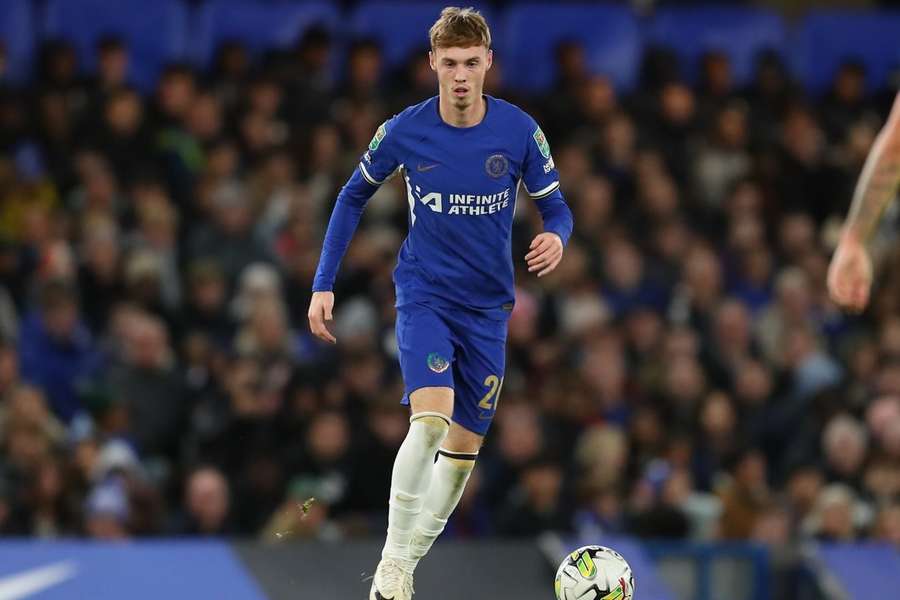
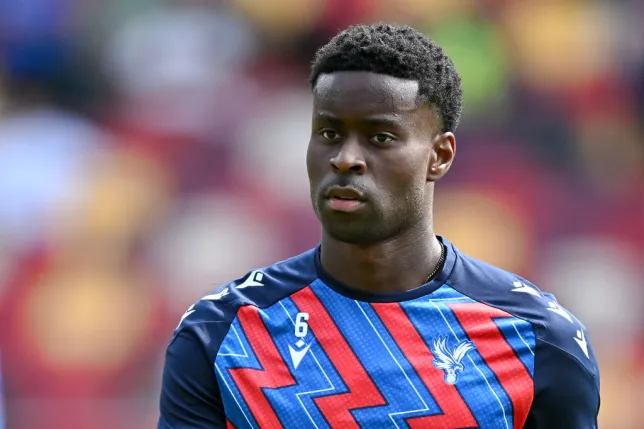

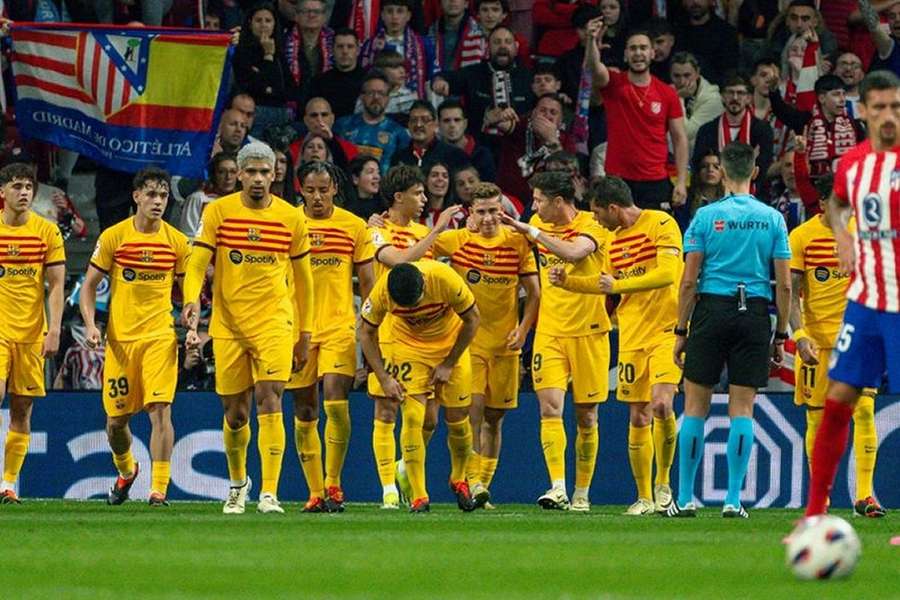
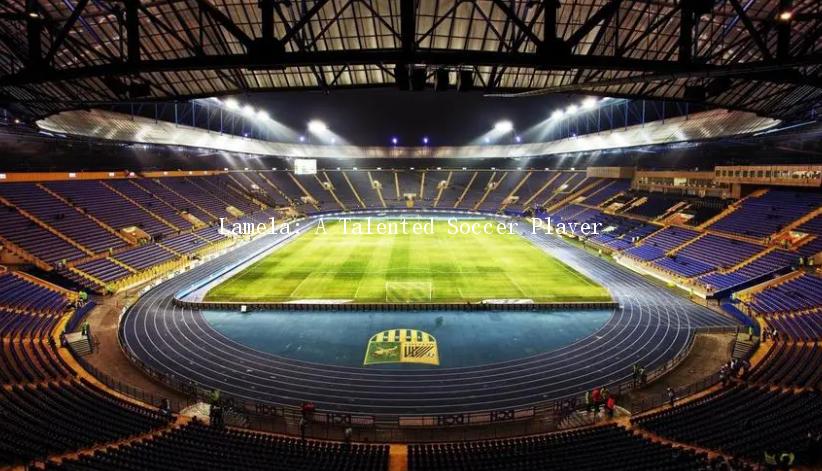
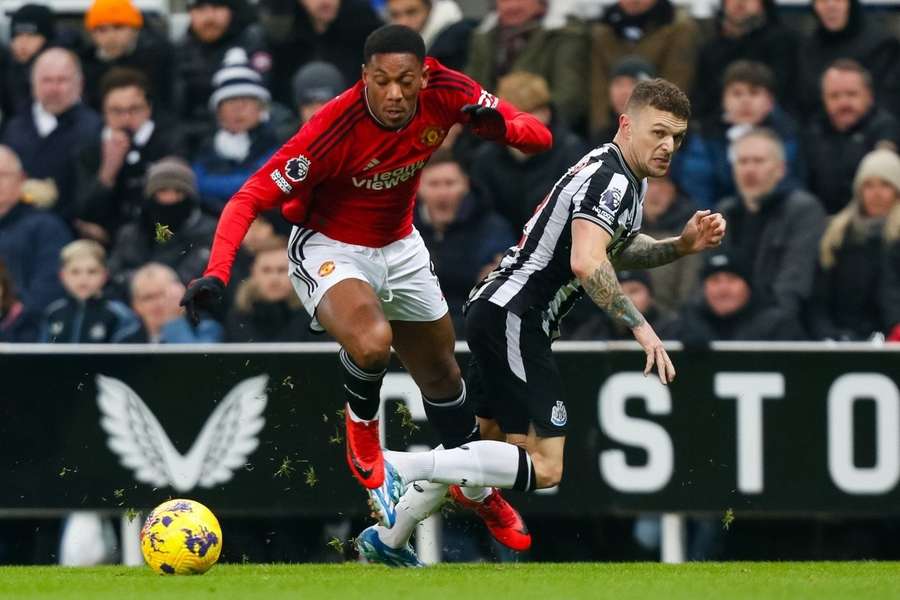
LATEST NEWS
